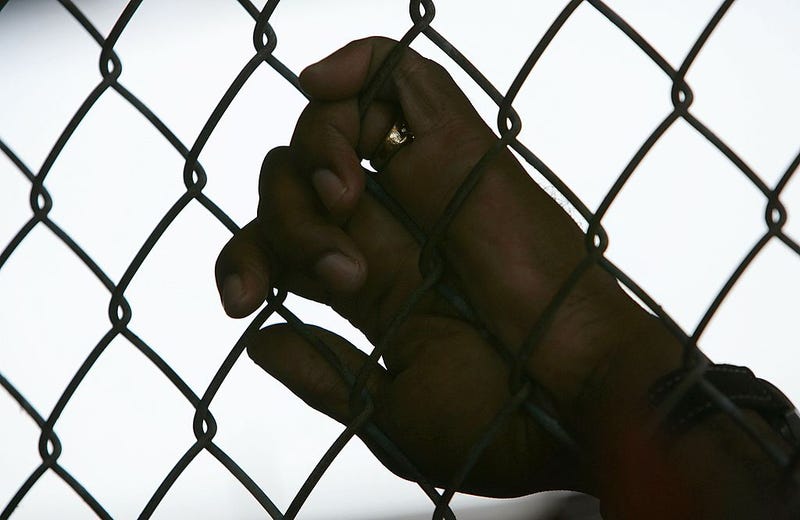
Last July, Louisiana Gov. John Bel Edwards announced that children held at the Bridge City Center for Youth would be temporarily transferred to Louisiana State Penitentiary at Angola’s former death row building. This week, five civil rights groups signed a letter calling for an investigation into the decision.
Republican Louisiana State Senator Pat Connick joined WWL’s Newell Normand this week to talk about this issue. He said the move has resulted in a drop in violent incidents.
“You know, things have gotten better,” he said. “And I gave you a chart… [that] shows like, in the second quarter of 2021, there were 281 incidents of violence reported in the juvenile justice systems across the state. And then we opened a facility in Angola to separate the bad actors from those who want a chance to rehabilitate… incidents have dropped by 81%.”
Connick said “that’s a good thing.”
According to the Southern Poverty Law Center – one of the organizations that signed the letter calling for an investigation – juveniles were moved to the Angola building “to address the severe failings of the Louisiana Office of Juvenile Justice (OJJ), the state agency responsible for the care of youth in the juvenile system.”
Other organizations include the Louisiana Center for Children’s Rights, the ACLU National Prison Project, the ACLU of Louisiana, Loyola University New Orleans College of Law and Families and Friends of Louisiana’s Incarcerated Children.
In the letter, the groups express concern for the juveniles, particularly regarding their access to education. It also notes that Black children are disproportionately incarcerated, encompassing just 31% of the population but 83% of the juvenile inmate population.
Located on a former slave plantation in West Feliciana Parish, Angola Penitentiary is the largest maximum-security facility in the nation, with over 5,000 incarcerated inmates. Per the letter, the prison “has a deplorable record of human rights violations that spans decades and has endangered the lives of incarcerated adults and resulted in their deaths.”
Furthermore, the letter said “Angola is not equipped to provide the necessary education to children,” citing the OJJ’s difficulty hiring teachers, therapists, and staff at several juvenile facilities even in more populous areas of Louisiana.
“In order to attract more employees to OJJ, the agency recently removed some of its requirements for screening employees for pedophilia threats,” said the letter.
A lawsuit joined by two of the youths incarcerated at Angola Penitentiary also alleged that the Angola penitentiary prisoners were forced to live in “windowless, filthy jail cells.”
Connick told Normand that juveniles at Angola go through a four to six-week program to teach them “you can't act like the way you act.” He also argued that the move allows the OJJ to focus on “educating those juveniles in the system who want to be educated,” and prevent others from disrupting campus centers.
“The consequences… you’re going to go to a place where it’s secure and you can’t escape, you can’t hurt anybody,” he said.
Normand and Connick also discussed other aspects of juvenile crime in the state. Listen to the full conversation here.

